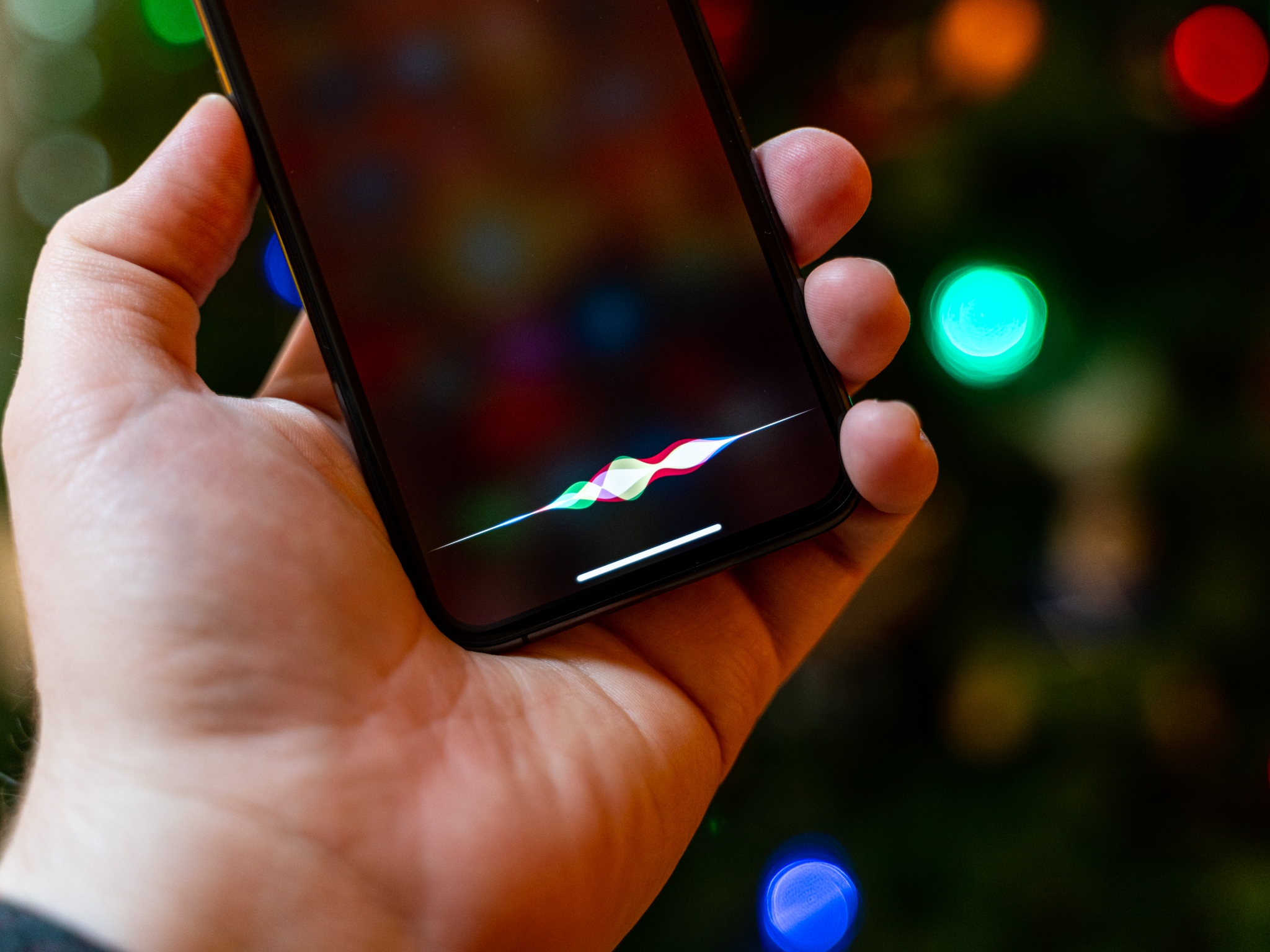Siri leads the virtual assistant world with a 35% market share

What you need to know
- Futuresource Consulting's research claims that Siri is the world's biggest virtual assistant with a 35% market share.
- Thanks to Windows, Cortana came second with 22%.
- Shipments of virtual assistants rose 25% year on year and could exceed 2.5 billion shipments by 2023.
Market research from Futuresource consulting claims that Siri is the world's leading virtual assistant with a 35% share of the global market.
Given that Apple's Siri ships by default in basically every Apple device sold these days, the proliferation of Siri doesn't really come as a surprise. What is perhaps more surprising is that in second place was Microsoft's Cortana, which came in with a 22% share. This is, of course, thanks to Windows 10, Cortana having been retired from Xbox.
Google Assistant and Amazon's Alexa hold 9% and 4% market shares respectively. The report states:
Across the leading assistant platforms, Apple's Siri presently holds 35% share globally, reflecting the continued success of the iPhone and the newly released AirPods Pro. Google Assistant and Amazon Alexa hold 9% and 4% market share respectively, due in part to shipments across their 1st party products. Microsoft retired Cortana from Xbox, however, its domination in Windows 10 PCs ensures that Cortana holds 22% market share worldwide. Microsoft is switching strategy to make Cortana more enterprise targeted, with tighter integration into Office 365 and its suite of productivity tools. In China, Baidu's DuerOS posted strongest growth, rising 6% year-on-year to command 15% market share in 2019.
The report notes that whilst some products now include support for multiple assistants, many vendors have been unsurprisingly reluctant to cooperate. Looking forward, it believes that the Voice Interoperability Initiative, a program created to give customers choice through multiple, interoperable voice services, will change this.
The research also commended the advance in speech synthesis, in particular, the move towards neutral Text-To-Speech, and even Amazon's dabbling with emotions in Alexa. Interestingly enough, it believes that beyond the superficial, more natural-sounding virtual assistants actually increase consumers' expectations of their capability, leading to increased engagement.
Overall, shipments of virtual assistants (which for the most part will simply track device shipments for companies like Apple) was up 25% YoY to 1.1 billion in 2019. It is expected that the market could exceed 2.5 billion by 2023.
iMore offers spot-on advice and guidance from our team of experts, with decades of Apple device experience to lean on. Learn more with iMore!

Stephen Warwick has written about Apple for five years at iMore and previously elsewhere. He covers all of iMore's latest breaking news regarding all of Apple's products and services, both hardware and software. Stephen has interviewed industry experts in a range of fields including finance, litigation, security, and more. He also specializes in curating and reviewing audio hardware and has experience beyond journalism in sound engineering, production, and design.
Before becoming a writer Stephen studied Ancient History at University and also worked at Apple for more than two years. Stephen is also a host on the iMore show, a weekly podcast recorded live that discusses the latest in breaking Apple news, as well as featuring fun trivia about all things Apple. Follow him on Twitter @stephenwarwick9
